Overview
The International Hepatopancreatobiliary (HPB) Surgery Fellowship at Mayo Clinic’s campus in Rochester, Minnesota, is specifically designed to train future global leaders in academic HPB surgery. We are committed to teaching both fundamental and advanced clinical HPB surgery, and we support your clinical research interests in preparation for your academic career. As one of the highest volume HPB surgery groups in North America, graduates will be well prepared for a successful career as surgeons who can achieve excellence in the three Mayo Clinic shields: patient care, education, and research.
In general, clinical experiences include exposure to:
- Surgical management of benign and malignant HPB diseases
- Laparoscopic and Robotic HPB surgery
- Multidisciplinary management of non-HPB malignancies involving the HPB tract
- Liver transplantation
- HPB intraoperative ultrasonography
- Utility of endoscopic ultrasonography
- Operative ablative therapy
- Intraoperative radiation therapy relevant to HPB malignancies
The fellowship also includes didactic components and a strong emphasis on clinical research as all HPB faculty members are engaged in clinical research. There is also an opportunity to obtain a postdoctoral diploma in clinical and translational science.
preceptor model
full time faculty
hospital in Minnesota and nationally recognized on the Best Hospitals Honor Roll (U.S. News, 2025-26)
Program history
Program history
The Hepatopancreatobiliary Surgery Fellowship began at Mayo Clinic’s campus in Rochester, Minnesota, in 1994 as the GI Scholar Program (complex foregut surgery). We are now excited to offer this fellowship experience to budding leaders in International HPB Surgery. This program aligns but does not compete with our current Fellowship Council-accredited HPB Surgery Fellowship. The mission of our International Fellowship is to train future international leaders who have trained internationally and plan to practice outside of the United States.
Application process
Positions
There is one position available on a competitive basis every other year. Our next available opening is August 2027. We will begin accepting applications in January 2026.
Highly competitive applicants have one or two years of previous research experience, have a defined track record in terms of previous publications, and fully intend to pursue an academic career after fellowship. Applicants are screened specifically for a commitment to an academic career. Exceptions to the research prerequisite can be made for those with already substantial publications on a case-by-case basis.
Qualifications
Applicants for the International Hepatopancreatobiliary Surgery Fellowship program must have completed a general surgery residency program outside of the United States or Canada. Fellowship training is not required provided the applicant has a minimum of five years of clinical surgical experience (including residency) after completion of medical school.
Also see general admissions requirements.
How to apply
Our next available opening will be Aug. 1, 2027. Effective Jan. 1, 2026, interested candidates should apply through CRM Recruit, a third-party application system.
Complete the following steps to apply:
- Create an account to begin the online Application for Admission.
- All applications to Mayo Clinic School of Graduate Medical Education programs must include these application materials
- Make note that three letters of recommendation are required, and the personal statement should be limited to one page.
- After submission, view the required Supplemental Items and Documents
Deadline for application submission is March 1, 2026. Applicants considered for an appointment will be invited for a personal interview held via Zoom in May 2026.
Curriculum
Clinical training, research training
Clinical training
The International HPB Fellowship provides exposure to a wide spectrum of procedures, from resident-level operations to advanced, complex operations designed for advanced trainees who are competent in complicated HPB and upper gastrointestinal surgery.
In large part, the fellowship focuses on HPB; although, it also involves gastric and some esophageal surgery, liver transplantation, major oncologic-type abdominal procedures, major vascular resection, and some colon and rectal surgery. While this is not primarily a laparoscopic or robotic fellowship, there is considerable laparoscopic and robotic surgery exposure.
Fellows are fully responsible for patient management on clinical rotations. Mayo Clinic complies with work-hour guidelines as outlined by the Accreditation Council for Graduate Medical Education.
Research training
You will have three months of a dedicated research rotation during which their time is protected for academic pursuits. Our goal is that you develop a special area of research during your training period to best prepare you for academic HPB Surgery leadership long-term. Expected activities include submitting abstracts and videos to flagship HPB conferences, writing papers of significant impact with special emphasis on answering unanswered questions and advancing the field.
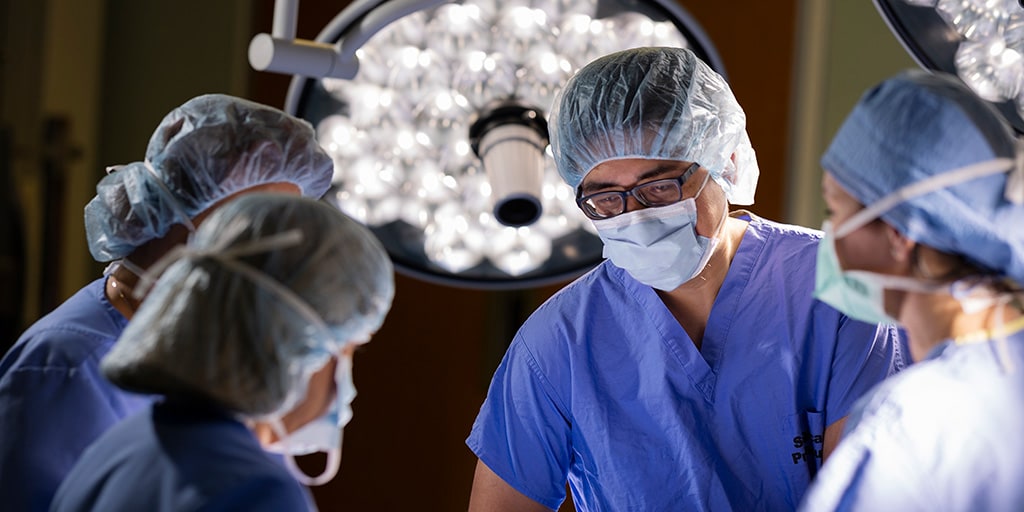
Rotation schedule
Year One
| Rotation | Length |
|---|---|
| Research | 6 weeks |
| HPB (Liver/Pancreas/Biliary) | 26 weeks |
| Transplant – Donor Service | 6 weeks |
| Surgical Oncology | 7 weeks |
Year Two
| Rotation | Length |
|---|---|
| HPB (Minimally Invasive Surgery) | 13 weeks |
| Transplant – Liver Service | 6 weeks |
| HPB (Liver/Pancreas/Biliary) | 26 weeks |
| Research | 6 weeks |
Rotation descriptions
Research: You will have protected time for clinical research under the mentorship of eight staff surgeons. Faculty are actively involved in clinical trials, patient-reported outcomes, health disparities, surgical outcomes, and translational research. You will have access to statisticians and data analysts to help with research projects.
Year 1 – HPB (Liver/Pancreas/Biliary): You will be assigned in a 1:1 preceptorship with an HPB surgeon. You will develop experience with complex liver, and pancreatic resections including vascular resections and reconstructions, hepatic artery infusion pump placement and management, splenectomy, and IORT for HPB malignancies. You will be exposed to a high volume of open, laparoscopic, and robotic HPB surgery. These rotations also include exposure to a high volume of retroperitoneal and truncal sarcoma surgery including multi-visceral resections, vascular resections, and reconstructions.
Year 1 – Transplant (Donor): You will be assigned in a 1:1 preceptorship with a transplant surgeon. You will develop experience and procedural skills necessary for donor nephrectomy and hepatectomy. You will develop knowledge in selecting appropriate live kidney and liver donors as well as the policies concerning deceased donor allocation. The rotation will include management of patients following donor nephrectomy and hepatectomy.
Year 1 – Surgical Oncology: You will be assigned in a 1:1 preceptorship with a HPB surgeon. You will develop experience with complex liver, and pancreatic resections including vascular resections and reconstructions, hepatic artery infusion pump placement and management, splenectomy, and IORT for HPB malignancies. You will be exposed to a high volume of open, laparoscopic, and robotic HPB surgery. These rotations also include exposure to a high volume of retroperitoneal and truncal sarcoma surgery including multi-visceral resections, vascular resections, and reconstructions.
Year 2 – HPB (Minimally Invasive Surgery): You will be assigned in a 1:1 preceptorship with a HPB surgeon. You will develop experience with complex GI oncologic operations such as MIS pancreas and liver resections, gastrectomy, small bowel resection, cytoreduction, and HIPEC. You will be exposed to a high volume of open, laparoscopic, and robotic HPB surgery. These rotations also include exposure to a high volume of retroperitoneal and truncal sarcoma surgery including multi-visceral resections, vascular resections, and reconstructions.
Year 2 – Transplant – Liver Service: You will be assigned in a 1:1 preceptorship with a transplant surgeon. You will develop the experience and knowledge to care for liver transplant patients. You will learn common complications of liver transplantation such as post operative hemorrhage, biliary leak, hepatic artery thrombosis, portal vein stenosis or thrombosis, etc. You will obtain experience in the procedural skills necessary for liver transplantation including liver donor and deceased donor transplantations.
Year 2 – HPB (Liver/Pancreas/Biliary): You will be assigned in a 1:1 preceptorship with a HPB surgeon. You will develop experience with complex liver, and pancreatic resections including vascular resections for liver tumors. You will be exposed to a high volume of open, laparoscopic, and robotic HPB surgery. These rotations also include exposure to a high volume of retroperitoneal and truncal sarcoma surgery including multi-visceral resections, vascular resections, and reconstructions. You will obtain competency in performing major vascular resections for liver tumors, competency in performing complex GI operations such as pancreas and liver resections and cyst fenestration.
Didactic training, call frequency, procedures
Didactic training
Clinical conferences, small discussion groups, and one-on-one instruction are an integral part of the International Hepatopancreatobiliary Surgery Fellowship. You are required to attend monthly morbidity and mortality conferences, weekly education conferences as well as specialty tumor board care conferences. You are also invited to attend a weekly education conference coordinated by the general surgery residency program to collaborate with surgical colleagues.
Call frequency
Call coverage is a shared responsibility with the general surgery residents. Therefore, the schedule will be different for each rotation. Mayo Clinic follows the Accreditation Council for Graduate Medical Education (ACGME) work-hour policy; therefore, trainees are generally assigned to two or three weekends per six-week rotation block.
Procedures
You will have broad and comprehensive surgical experience with both MIS and open common and complex oncologic operations. This includes hepatic artery infusion pumps (HAIP), intraoperative radiation therapy (IORT), hyperthermic intraperitoneal chemotherapy (HIPEC), pressurized intraperitoneal aerosolized chemotherapy (PIPAC), radical multivisceral resections, and vascular resection and reconstructions, which are often performed independently by many of the Surgical Oncologist/HPB surgeons.
Conferences, research opportunities, additional opportunities
Conferences
- HPB Education Conference – weekly didactic conference held virtually
- HPB Tumor Boards – monthly conference held within each specialty (Pancreas, Sarcoma, etc.)
- HPB Morbidity and Mortality – monthly virtual conference facilitated by faculty; cases selected to be reviewed by surgeon and trainees who assisted with case
Research opportunities
There are three months of dedicated research time over the course of the two years. Mayo Clinic has immense research support services including access to clinical research, translational research labs, and basic sciences labs/cores. The Department of Surgery has its own statisticians and research coordinators.
The Kern Center for the Science of Health Care Delivery includes a rich resource of applied clinical informatics and data science. Its analysts have extensive experience working with large databases, including the American College of Surgeons (ACS) National Surgical Quality Improvement Program (NSQIP), National Cancer Data Base (NCDB), Surveillance, Epidemiology and End Results (SEER), Rochester Epidemiology Project (REP) and others. We have several surgeon scientists on staff with full basic and translational research labs.
The Department of Surgery has numerous scientists with basic and translational research who are eager to collaborate and provide grant-writing mentorship to help future scientists develop a foundation to allow for the development of a basic/translational science lab after graduation.
Additional opportunities
You will have opportunities to participate in additional training programs including robotic training programs and the SSO Fellows Institute.
Teaching opportunities, evaluation, mentorship, facilities and locations
Teaching opportunities
You will routinely have a junior resident on service with you and be expected to supervise and teach junior residents basic surgical skills and techniques in the operating room as well as teach principles of patient care and cancer management in the clinic and on the hospital floor. You will also gain experience educating junior residents in conference and didactic sessions.
Evaluation
You will receive constructive and formative feedback from your attendings as well as peers and colleagues using MedHub. The program director will meet with you on a quarterly basis to review feedback, case logs, research progress, and overall progression in the program.
Mentorship
You will have assigned mentorship with the program director and associate program director but will be strongly encouraged to seek out mentorship opportunities from other faculty. The directors will meet with you regularly to assess goals and progress as well as discuss career aspirations.
Facilities and locations
You will work only at the Mayo Clinic Hospital in Rochester, Minnesota. This includes two campuses (Saint Marys and Methodist), which are one mile apart and connected via shuttle. These two campuses offer over 100 cutting-edge surgical suites with DaVinci robotic surgery platforms, 4K laparoscopic equipment, and intraoperative radiation therapy. Both sites have complex endoscopy, interventional radiology, and other supportive services.
Belonging
At Mayo Clinic, we foster an inclusive working environment and embrace the diversity of all our trainees, faculty, staff, and patients. Our Office of Belonging offers tremendous resources to support our mission of maintaining a welcoming atmosphere for all our employees, including our learners. We strive to provide culturally appropriate care and do our part to reduce healthcare disparities.
/0x0:512x512/prod01/channel_2/media/studio-sites/mccms-reference-guide/512X5121573348_3801872_0024-(1).jpg)
Video: See yourself at Mayo Clinic
5:33
From the program director
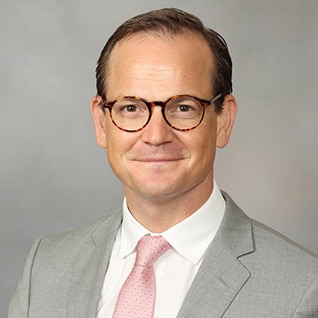 Our International Hepatopancreatobiliary (HPB) Surgery Fellowship offers an unparalleled breadth and depth of operative and clinical experience in the best medical center in the world. With volumes consistently among the highest in North America for liver and pancreas surgery, the number and complexity of cases seen during fellowship here are more than sufficient to optimize independent practice for rising leaders in academic HPB surgery.
Our International Hepatopancreatobiliary (HPB) Surgery Fellowship offers an unparalleled breadth and depth of operative and clinical experience in the best medical center in the world. With volumes consistently among the highest in North America for liver and pancreas surgery, the number and complexity of cases seen during fellowship here are more than sufficient to optimize independent practice for rising leaders in academic HPB surgery.
With an ever-evolving and ever-growing Division of Hepatobiliary and Pancreas Surgery, we offer a diverse array of thoughtful approaches to all surgical HPB diseases. Given the size of our division, we are able to tailor training experiences to meet the future practice needs of incoming fellows. We seek trainee feedback quarterly and make adjustments in real time to optimize learning experiences.
You are given the resources to grow your minimally invasive skills via a robust simulation center and robotic surgery curriculum. With dedicated and protected research time, you will also have access to the full institutional resources of Mayo Clinic to craft and complete any desired research projects. Many of our trainees have built and nourished ongoing multi-institutional collaborations during their training.
In addition to all of our unique and unrivalled resources, trainee autonomy is a highlight of our program. Given our operative volume and availability of OR space, technically skilled trainees are often able to grow their operative skills independently with staff immediately available. In this way, our fellowship truly prepares you for independence upon graduation.
Patrick Starlinger, M.D., Ph.D.
International Hepatopancreatobiliary (HPB) Surgery Fellowship Program Director
Department and faculty
In addition to caring for patients in clinical practice, Mayo Clinic’s faculty are committed to teaching and facilitating the growth of medical and surgical knowledge. Many of our faculty members have published and lectured extensively and are highly regarded in their respective fields.
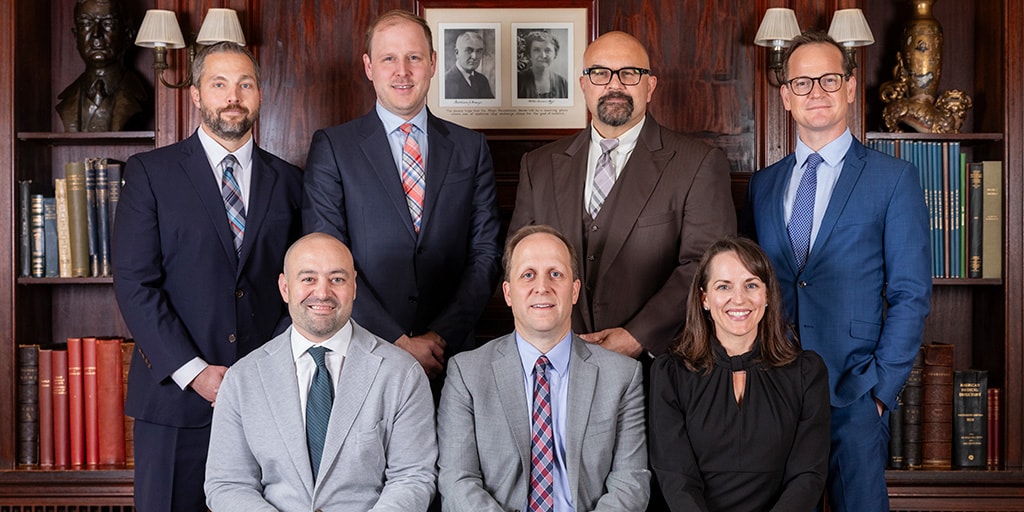
Faculty
Faculty members are committed to teaching both fundamental and advanced clinical HPB surgery. The 1:1 preceptor model allows each trainee to work with individual faculty for clinical experience and knowledge sharing in that HPB subspecialty.
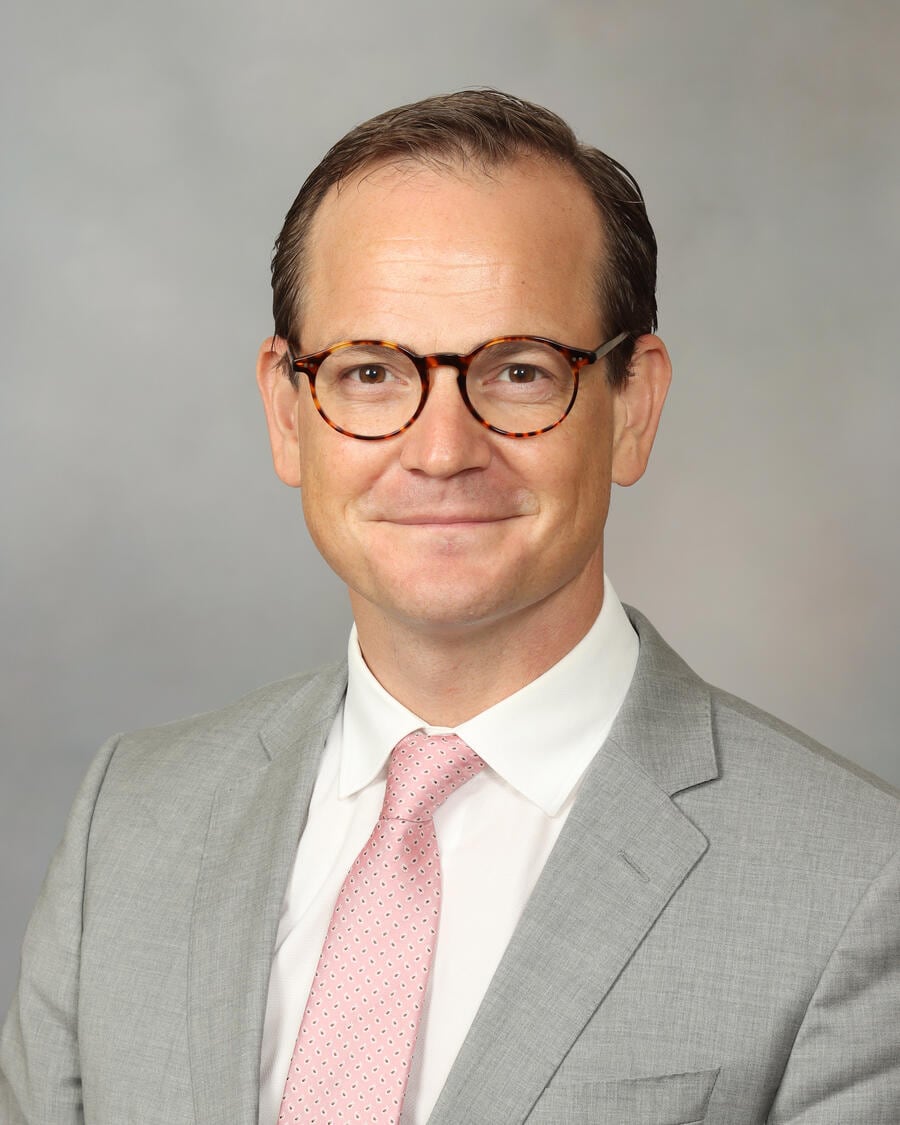 |
Patrick Starlinger, M.D., Ph.D.Program director Dr. Starlinger focuses on complex surgical procedures of the liver, bile duct, and pancreas. |
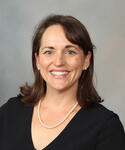 |
Susanne Warner, M.D.Associate Program Director Dr. Warner specializes in liver, pancreas, gallbladder and bile duct surgery. |
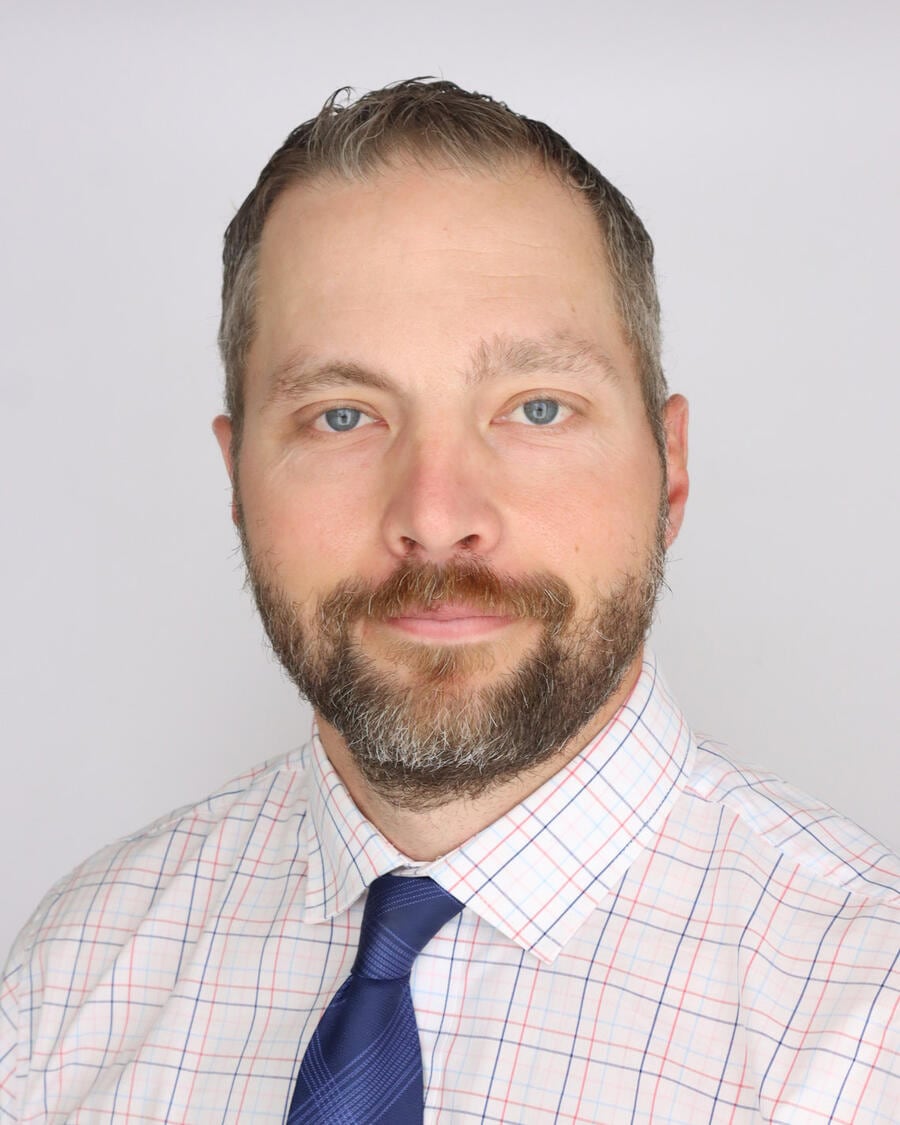 |
Travis Grotz, M.D.Dr. Grotz is a surgical oncologist with clinical expertise in minimally invasive approaches to gastrointestinal malignancies. |
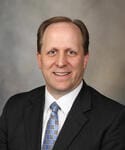 |
Michael Kendrick, M.D.Dr. Kendrick is an HPB surgeon with special interest in minimally invasive approaches for treating pancreatic and hepatobiliary diseases. |
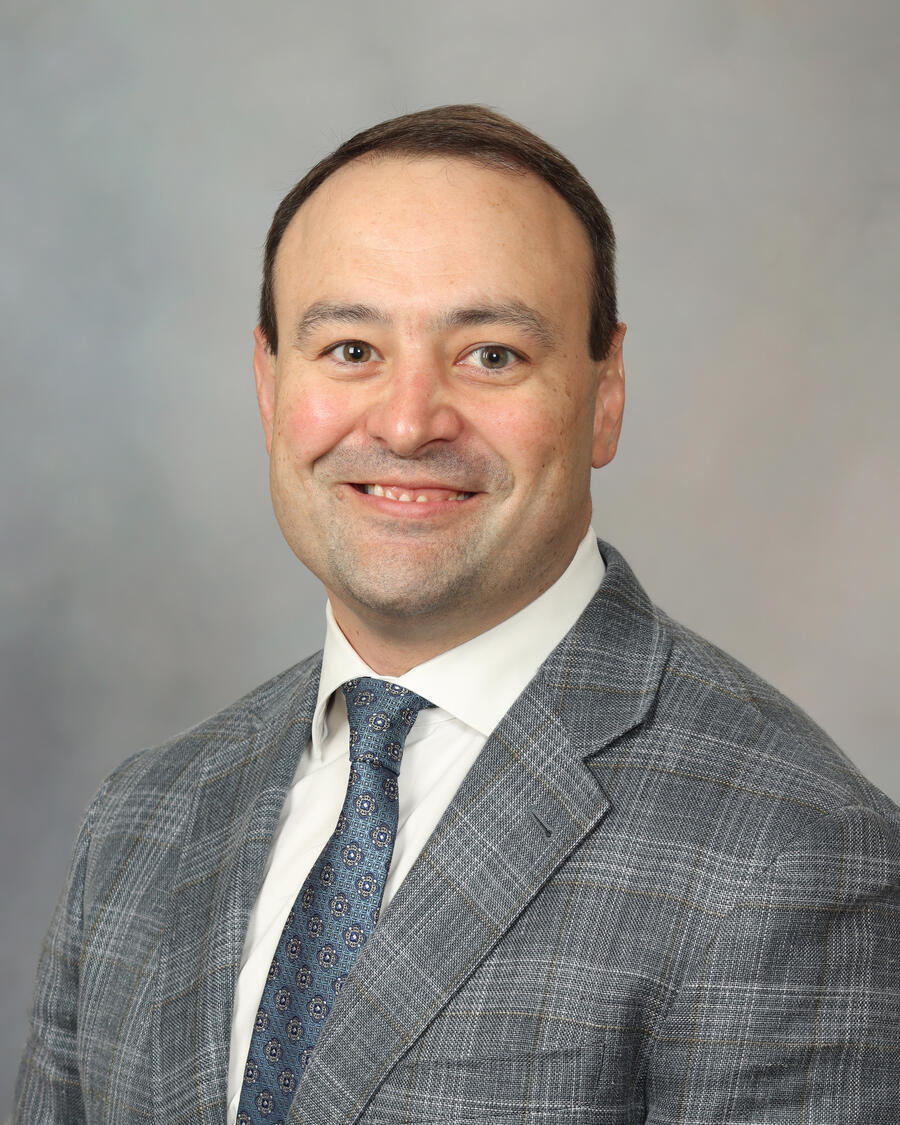 |
Rory Smoot, M.D.Dr. Smoot is a hepatobiliary and pancreas surgeon specializing in the treatment of bile duct cancer and pancreatic cancer. |
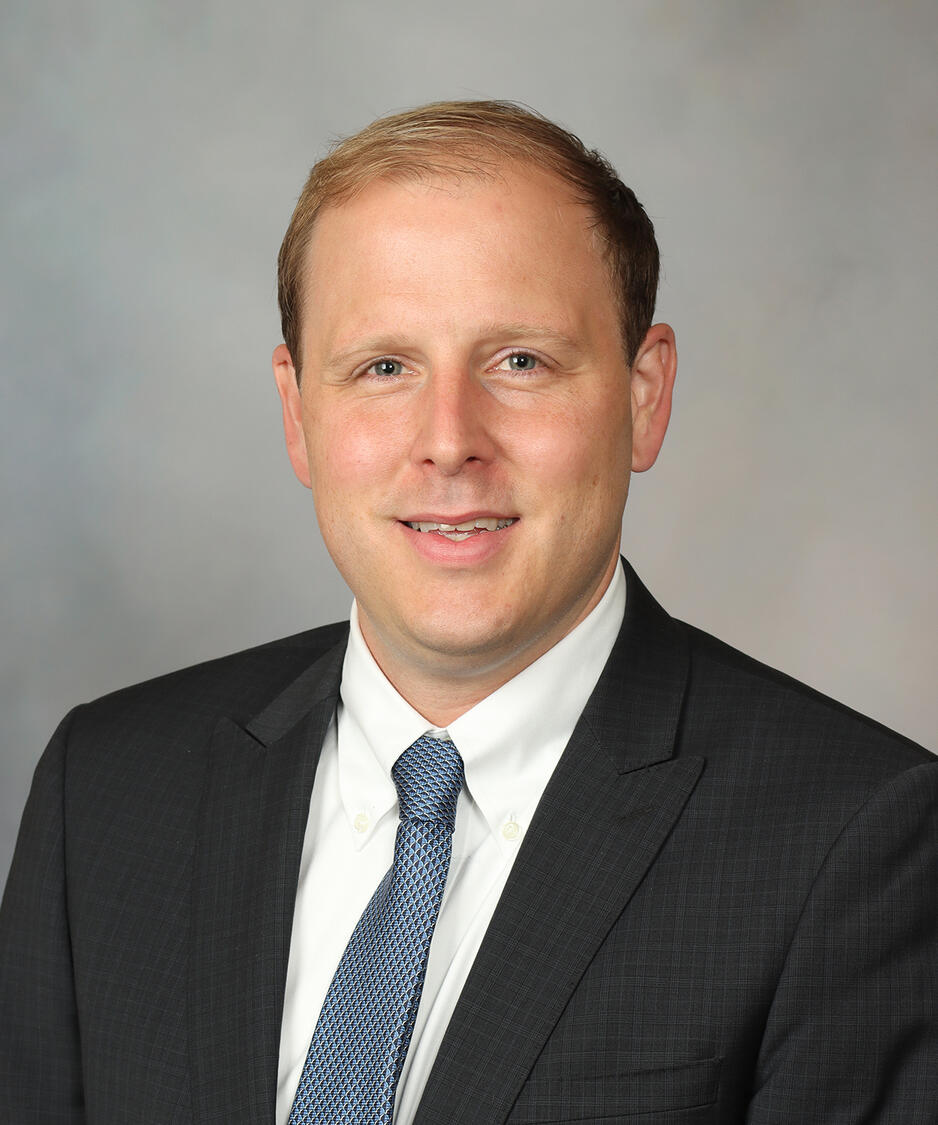 |
Cornelius Thiels, D.O., M.B.A.Dr. Thiels is a cancer surgeon who specializes in surgical management of patients with pancreatic cancer. |
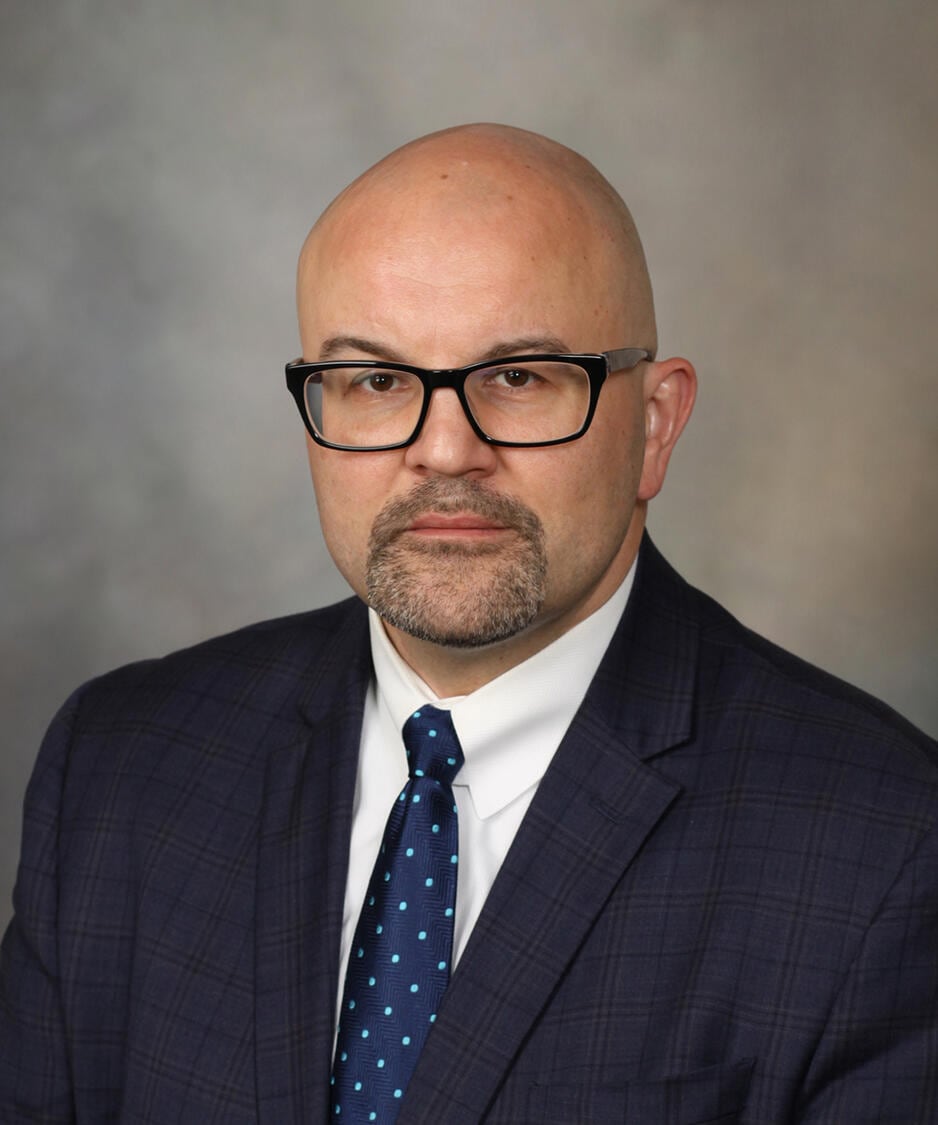 |
Mark Truty, M.D., M.S.Chair, Division of Hepatobiliary and Pancreas Surgery Dr. Truty is a cancer surgeon with extensive training and experience in the management of pancreatic, liver, biliary, gastric and small bowel and sarcoma tumors. |
Wellness initiatives
As a trainee, your physical and mental health are priorities to Mayo Clinic and the department. Trainees have access to several resources to promote well-being, as well as time off clinical duties to attend appointments.
- Dan Abraham Healthy Living Center
- Groups on campus
- Well-being
Dan Abraham Healthy Living Center
 Trainees have access to the Dan Abraham Healthy Living Center (DAHLC), which is located on both Mayo Clinic campuses (downtown and Saint Marys) in Rochester, Minnesota. This state-of-the-art fitness facility offers basic classes (including free weights, stretching, cardio, and more), drop-in classes, evaluation services, group training, virtual personal training, and virtual wellness coaching.
Trainees have access to the Dan Abraham Healthy Living Center (DAHLC), which is located on both Mayo Clinic campuses (downtown and Saint Marys) in Rochester, Minnesota. This state-of-the-art fitness facility offers basic classes (including free weights, stretching, cardio, and more), drop-in classes, evaluation services, group training, virtual personal training, and virtual wellness coaching.
Membership to the DAHLC is available at a low cost to trainees and their families through payroll deduction.
Video: Dan Abraham Health Living Center
Video: A look inside the Dan Abraham Health Living Center
Groups on campus
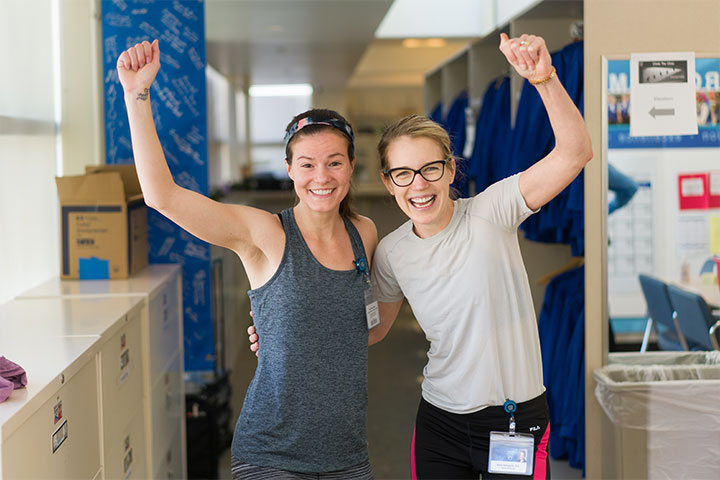 Several groups on campus help you connect with other fellows and their families, such as the Mayo Fellows Association, the Mayo Families' Connection, and Mayo Employee Resource Groups. These groups help enhance your training by providing and organizing wellness initiatives and social activities.
Several groups on campus help you connect with other fellows and their families, such as the Mayo Fellows Association, the Mayo Families' Connection, and Mayo Employee Resource Groups. These groups help enhance your training by providing and organizing wellness initiatives and social activities.
Workshops for spouses and significant others are also available.
Well-being
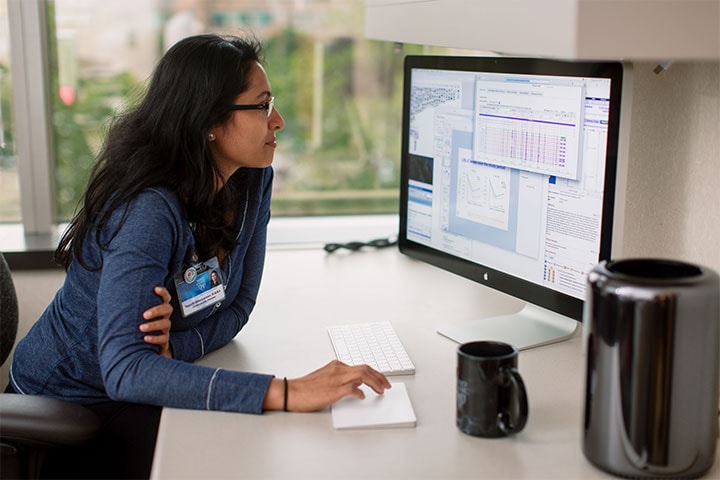 The Office of Academic Support and Well-Being provides resources to promote academic, emotional, social, cognitive, financial, and physical well-being. Career and academic services include academic advising, peer tutoring, and accommodations for learners with disabilities or health conditions. Mental health services, counseling, interview practice, and a variety of enrichment sessions on topics like budgeting, resiliency, and stress and burn-out are also available through the Academic Support and Well-Being office.
The Office of Academic Support and Well-Being provides resources to promote academic, emotional, social, cognitive, financial, and physical well-being. Career and academic services include academic advising, peer tutoring, and accommodations for learners with disabilities or health conditions. Mental health services, counseling, interview practice, and a variety of enrichment sessions on topics like budgeting, resiliency, and stress and burn-out are also available through the Academic Support and Well-Being office.
More from Mayo Clinic School of Graduate Medical Education
/0x0:512x512/prod01/channel_2/media/mccms/content-assets/academics/residencies-and-fellowships/3319834_0363-512X512.jpg)
Choosing Mayo Clinic
/0x0:512x512/prod01/channel_2/media/mccms/content-assets/shared-documents/campus-MEYR6203-pic-tile.jpg)
Rochester, MN
Campus and community
/0x0:512x512/prod01/channel_2/media/studio-sites/mccms-reference-guide/512X5121676671_3824027_0010_C.jpg)
Stipend and benefits
Mayo Fellows Association (MFA)
The Mayo Fellows Association (MFA) offers a peer and social support network for residents and fellows and their families with social events, athletics, and advocacy. The MFA also holds an annual resident and fellow appreciation event open to all trainees with complimentary massages, stress-reducing activities, and social support.
/1120x0:5600x4480/prod01/channel_2/media/mccms/content-assets/academics/residencies-and-fellowships/international-hepatopancreatobiliary-surg-fell-mn/MC129D67.JPG)
/0x0:440x220/prod01/channel_2/media/mccms/content-assets/campus-amp-community/minnesota/440X220_sidebar-mayo-clinic-rochester-mn-3554057-0012.jpg)